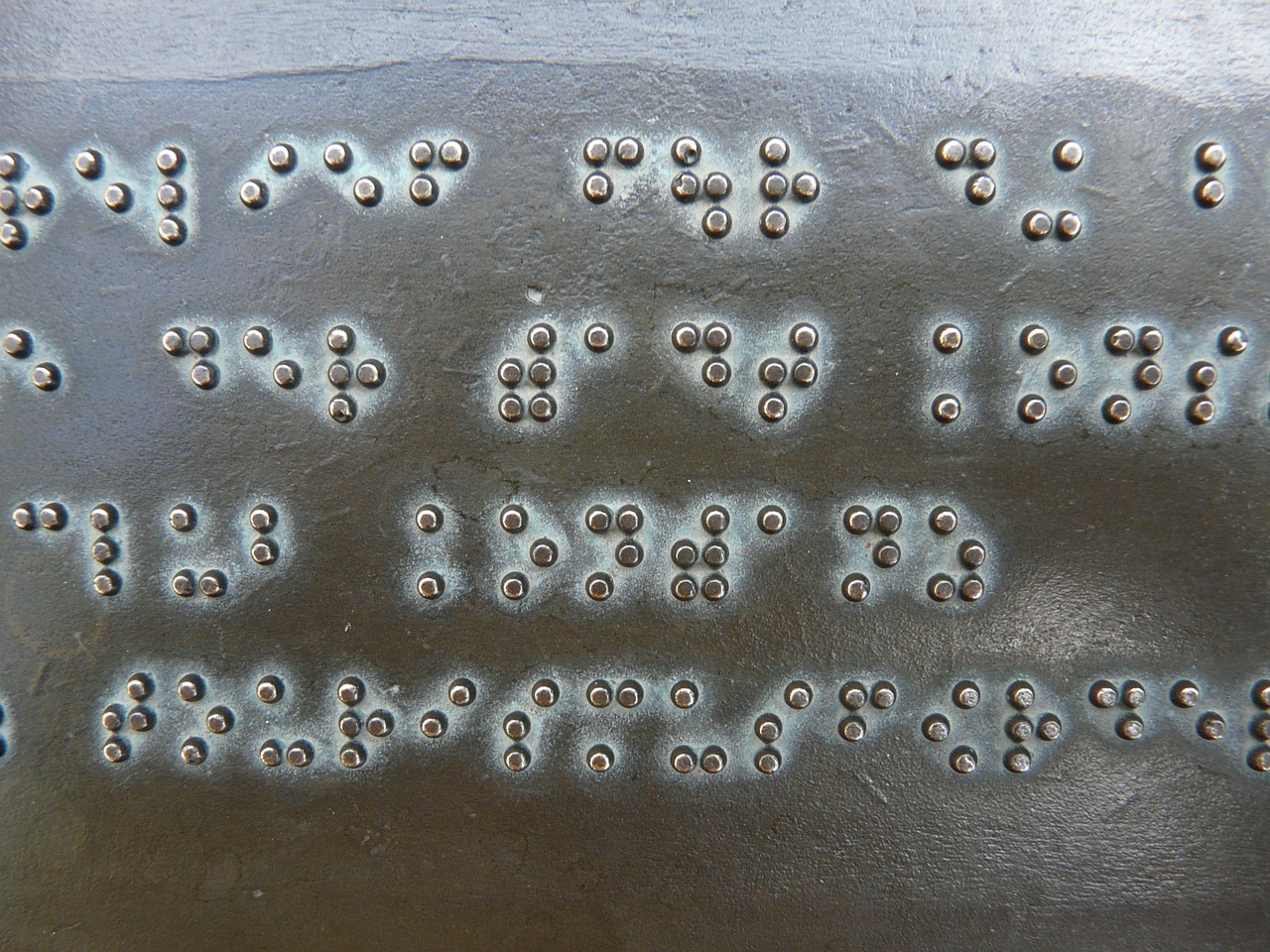The US Food and Drug Administration is in the process of deciding whether to approve gene therapy for blindness. Children whose eyesight have improved after the treatment, including their parents, doctors and scientists are expected to speak in front of an FDA panel on Thursday.
The therapy in question is Luxturna, which, if approved, would be the first gene therapy available in the United States for an inherited disease. It would also be the first treatment that uses a corrective gene directly given to a patient, ABC News reports.
Luxturna has been tested on people suffering from Leber congenital amaurosis. Those with this condition are unable to produce a protein the retina needs, due to abnormalities in the RPE65 gene. As a result, they are only able to see bright lights and blurred shapes, and eventually lose their vision altogether.
Spark Therapeutics, the therapy’s manufacturer, conducted a study that found while the treatment did not give patients 20/20 vision, it did improve the eyesight of almost everyone who participated in the experiments.
The gene therapy involves injecting a modified virus with the corrective gene into a patient’s retina.
There is no clear data yet on how long the benefits last, but it only takes around one month before eyesight begins to improve. Spark Therapeutics is hopeful that only one treatment is needed.
Patients who have completed the trials include children who have been moved from Braille classrooms to sighted classrooms, and adults who have been able to find jobs after never having had the opportunity to do so before, according to Dr. Katherine High of Sparks Therapeutics.
The FDA has until January 18 to decide on approval. One limiting factor is the cost of treatment, as some treatments for rare conditions run to as much as three-quarters of a million dollars a year. Jeff Marrazzo, Spark’s chief executive, said that the company has talked to insurance companies and that “there is a clear path for it to be reimbursed one time per eye.”
























